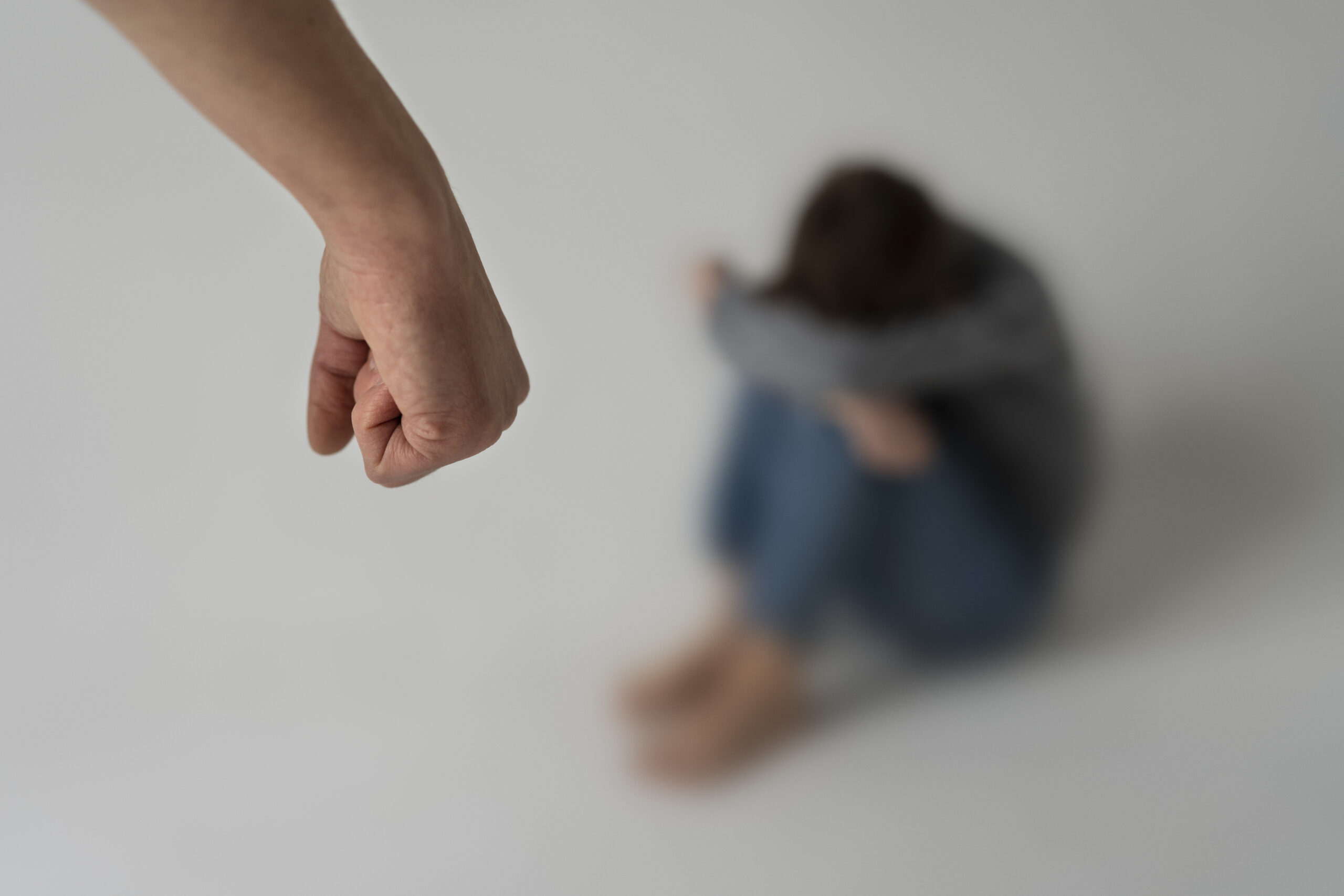Bad Habits and the Best Ways to Quit Them
Frankly speaking, we all have a bad habit we are struggling to break away from. It could be procrastination, overspending, addiction to social media, alcohol or drugs. The list is
Frankly speaking, we all have a bad habit we are struggling to break away from. It could be procrastination, overspending, addiction to social media, alcohol or drugs. The list is endless and unique to each individual. These habits could be stemming from:
Physical environment. Environment plays a big role in shaping our behaviour hence bad habits are likely to occur when we are at certain places. For instance, while at the bar, you are likely to feel the
need to smoke or be violent.
Negative peer pressure. Surrounding yourself with people of questionable morals can affect how you think, your lifestyle and how you make decisions. As a result, you can end up losing yourself to bad company of friends that teach you Tricks to break bad habits F bad vices.
The saying, “show me your friends and I will tell you who you are,” rings true in this case. Mental and emotional triggers. Underperforming, feeling not in control, feeling unrecognised and feeling undervalued are some of the worst mental and emotional triggers. Everyone responds differently to emotions. Some will find relieve by smoking when they get frustrated or stressed. Others will prefer wasting their time online when they are bored. All these responsive ways trigger bad habits.
BEST WAYS TO BREAK BAD HABITS
Device a habit change plan
A good plan is necessary when you need to achieve something in life. To avoid ego depletion, focus on a single habit at a time since multiple habits require much time, attention and energy. Since habits are deeply rooted in our minds, each of them requires a significant amount of willpower to resist. That’s why focusing on a single habit is better and much easier.
Have a set target
Breaking a bad habit is like achieving a goal. Make a set target that will keep you working with a purpose. Keep off anything or people who may derail you from progressing. Most importantly, do not force things to happen; otherwise, you’ll end up worsening the situation at hand. It’s the small changes that we make in life that eventually lead to a big change.
Change your environment
It’s likely that our all-time environments can be a trigger of bad habits and thus moving to a new place can help. A research study conducted by the American Psychological Association on Habits vs Intentions found that students who transfer to another university are most likely to change their daily habits. They found those habits easier to change because they were not exposed to familiar external cues. Seek religious help. Dr Patrick Glynn in his book, God: The Evidence writes, “It is difficult to find a more consistent correlative of mental health or a better insurance against self-destructive behaviours than a strong religious faith.” People who commit themselves to religion are often less likely to succumb to seeking perverted pleasures. As a result, committing to religious practices can help addicts free themselves from bad habits.
Beware of the habit routine
Behind every habit, there are thoughts and actions that occur beforehand. It begins with a craving to satisfy your egos. Then an immediate action is required to relieve your stress, boredom or discomfort. Once you identify the trigger, you become aware of how and what to work on. Get someone behind your back. Breaking or replacing a bad habit is a tough path that requires an accountability partner. Get someone you trust whom you can often communicate with about your progress. People feel encouraged whenever people come around to support them in times of difficulties.
Seek professional help
Some habits are quite addictive and considering their negative health impact, they require a high level of expertise. For instance, bad habits like alcoholism, heavy smoking and masturbation can jeopardise your health and thus require professional help. Seek psychological help to get solutions to battle cravings.




